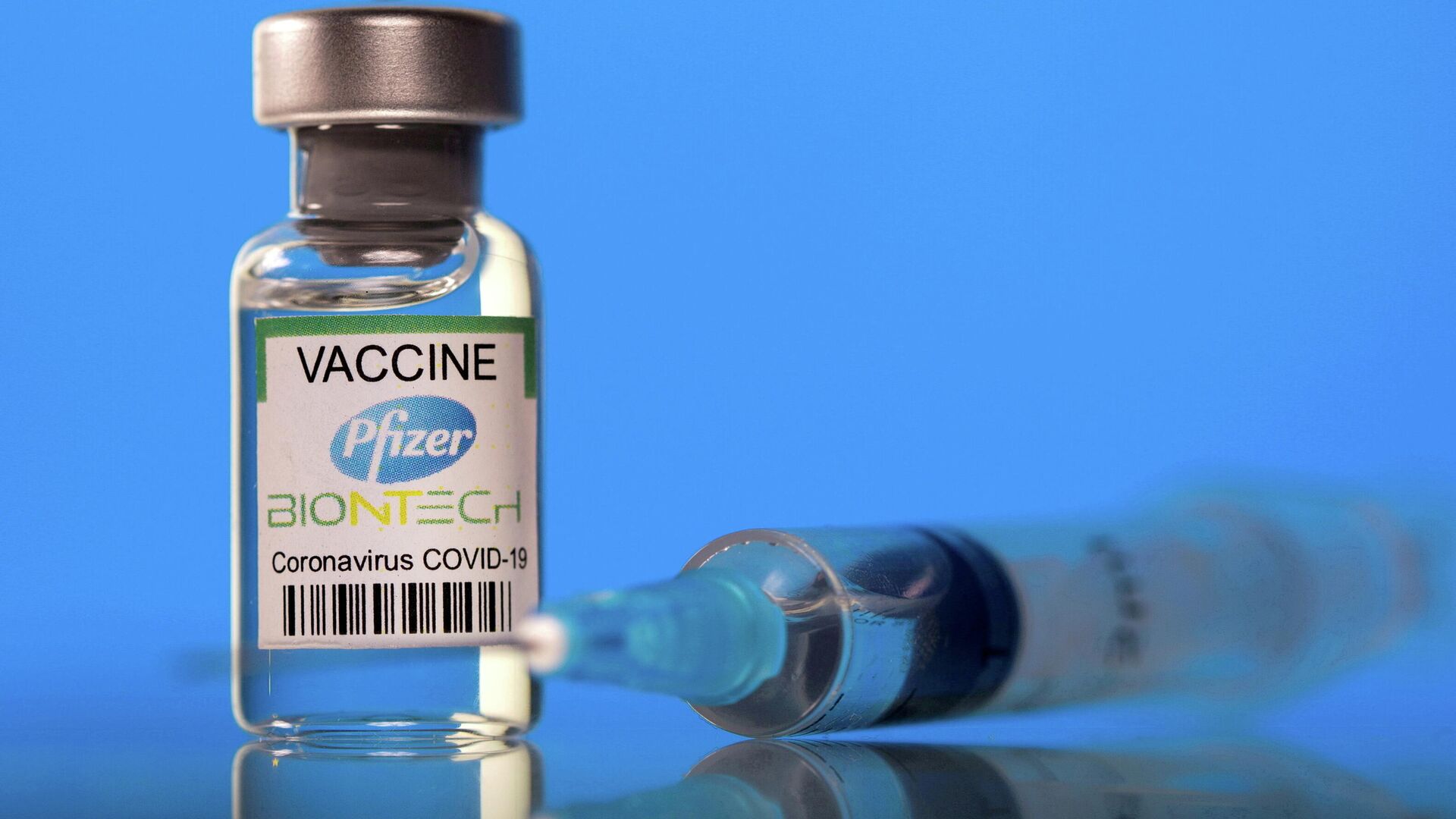FDA Panel Votes Against Offering Pfizer Booster Shots for COVID-19 to Most Americans
19:43 GMT 17.09.2021 (Updated: 21:54 GMT 17.09.2021)

© REUTERS / DADO RUVIC
Subscribe
US President Joe Biden was set to launch a campaign to administer 100 million booster shots on September 20. Other vaccine manufacturers in the US, with the exception of Pfizer, however, have been slow to obtain authorization for an additional dose.
An advisory panel to the US Food and Drug Administration on Friday voted overwhelmingly to reject Pfizer-BioNTech’s booster shots for the coronavirus vaccine.
“This vote did not pass. The majority voted no,” said an official after a count of the votes, 16-2 against the recommendation, cast by the panel, whose proceedings were broadcast on a live stream.
The Vaccines and Related Biological Products Advisory Committee (VRBPAC) concluded that there was insufficient evidence to conclude that a third dose was safe and effective for use at least six months after the final dose.
However, at the same meeting, the FDA advisory panel endorsed Pfizer-BioNTech booster shots for people of 65 years of age and older, after rejecting blanket approval of the shot for the general public.
“It’s likely beneficial, in my opinion, for the elderly, and may eventually be indicated for the general population. I just don’t think we’re there yet in terms of the data,” Ofer Levy, a vaccine and infectious disease specialist at Boston Children’s Hospital who was among 18 medical professionals who held a live-streamed public discussion on the merits of the booster before voting on it, said.
Aside from seniors, the panel approved the booster for anyone with a high risk of contracting a severe case of COVID-19. It also approved emergency use authorization rather than a supplemental approval of the already fully licensed vaccine.
Although the FDA is not obligated to accept the advisory group's recommendations, the panel's recommendation against approval for the younger Americans makes it more difficult for the agency to justify the practice.
“There was a very small data set that was done in the third dose for Pfizer ... we really do need broader safety data,” said Hayley Gans, a professor of pediatrics and pediatric infectious disease at Stanford University, who was among those who voted. “I would support having a third dose available for other high-risk groups, such as individuals over the age of 50 to 60.”
The White House chief medical advisor, Dr. Anthony Fauci, told CNBC that he is not surprised by the decision of the advisory panel.
Debates About the Necessity of a Third Shot
A total rejection of the booster would have put in jeopardy a key part of Biden’s plan to combat COVID-19 and the more dangerous and transmissible Delta variant.
Prior to the vote, Biden administration officials cited three studies from the US Centers for Disease Control and Prevention that showed fully vaccinated people could still experience diminished immunity after several months. As such, the administration had planned to call people up to get a third dose of Pfizer or Moderna’s vaccine eight months after their second shot.
Pfizer has reportedly presented statistics claiming that the vaccine's efficacy drops by around 6% every two months after the second dose. Nevertheless, industry experts and senior FDA officials disagree, claiming that vaccines are still highly efficient at averting serious illness and death, according to reports.
Pfizer also submitted a study in Israel showing a third dose of the vaccine six months after a second shot restores protection from infection to 95%.
FDA scientists, in a briefing document released on Wednesday, expressed skepticism about the need for booster shots.
"However, overall, data indicate that currently US-licensed or authorized COVID-19 vaccines still afford protection against severe COVID-19 disease and death in the United States," the document reads.
According to the document, booster shot studies have produced inconsistent results, as well as "known and unknown biases that can affect their reliability."
The Pfizer-BioNTech COVID-19 vaccine was expected to be the first and only one to be ready to be dispensed by September 20, as even earlier this month Fauci reportedly stated that the authorization of the Moderna vaccine would not be ready by that date.
Boosters for immunocompromised Americans who had the Pfizer or Moderna vaccines were approved last month after evidence showed they were less likely to develop high antibody levels after two doses.


